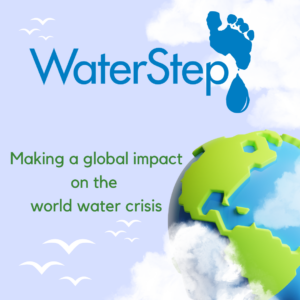 Safe water saves live. At WaterStep, we know and are motivated by this truth. However, bringing safe water to those in need has effects greater than the physical. For women, safe water means better health for their family, more time to commit to education or a job, and more control of their own lives.
Safe water saves live. At WaterStep, we know and are motivated by this truth. However, bringing safe water to those in need has effects greater than the physical. For women, safe water means better health for their family, more time to commit to education or a job, and more control of their own lives.
In developing countries, women and children walk an average of 6 kilometers a day to get to water sources, according to Undersecretary of State for Democracy and Global Affairs Maria Otero.
UN Women put a spotlight on the global water crisis on world water day this year. “Lack of access to drinking water increases [women’s] burden and reduces their time for other activities, such as going to school or earning an income.”
“Globally, it is estimated that women spend more than 200 million hours per day collecting water. This burden could increase significantly in coming years,” according to UN Women.
Not only are women traveling great distances to access water, but in many countries, women spend hours boiling water to kill bacteria.
WaterStep’s India Representatives, David and Robin Brothers, have seen the impact of safe water on the women of a community first hand. They have worked in North East India, installing WaterStep’s M-100 chlorine generator in several different communities.
“The women became champions of the chlorinator because they understood how clean water affects their family. They use to have to boil water, which included collecting water, and firewood, charcoal, or kerosene. Having the chlorinator gave them hours to do other things for their families,” Robin Brothers said.
The benefits of providing women with more control over their time are vast, and would affect countries on a large scale. “The Indian government said that if all the women in India did not have to boil water, the country’s productivity would go up ten percent. It helps the economy,” David Brothers said.
By giving people access to clean water, women gain more time to spend on their education, job, or family, as well as less time nursing the sick.
Safe water and sanitation also helps protect pregnant women from diseases. According to UNICEF, “About 44 million pregnant women have sanitation-related hookworm infections that pose a considerable health burden in developing societies.”
After installing a chlorine generator in one area, a community doctor told David Brothers the birth rate had noticeably increased because women were drinking the clean water.
The impact of clean water on women is vast, and that has an impact on the lives of entire countries.
To learn more about how water and women, check out these links:
http://www.unicef.org/wash/index_womenandgirls.html
http://www.unwomen.org/tag/water/
http://water.org/water-crisis/water-facts/women/
http://who.int/topics/water/en/



